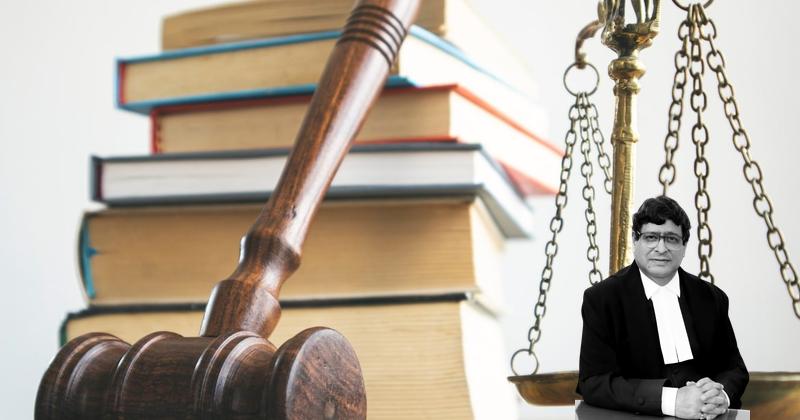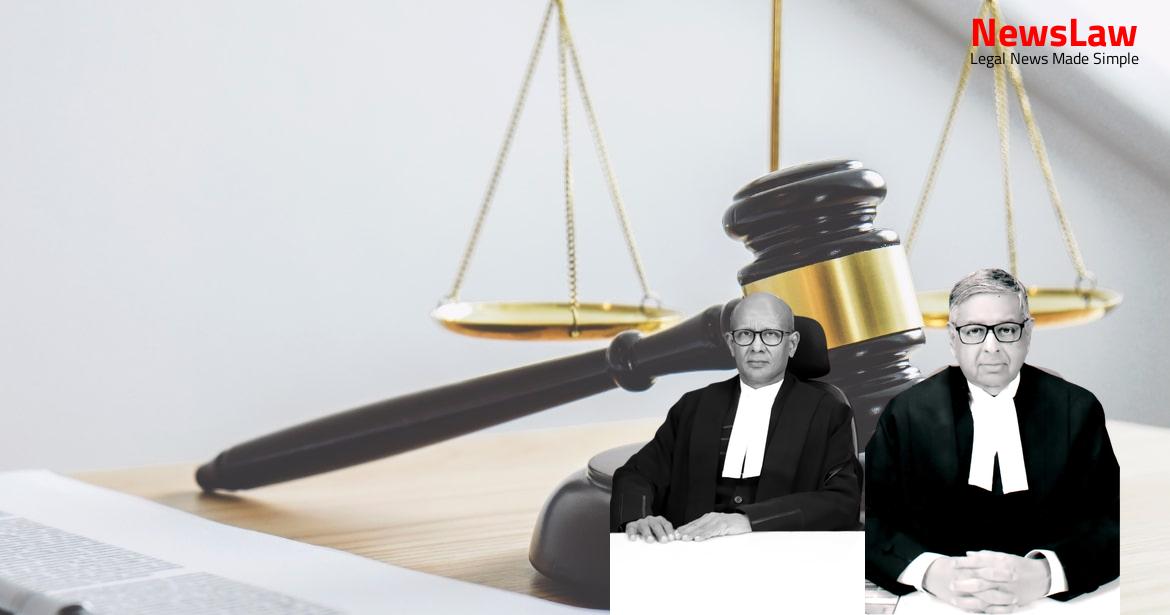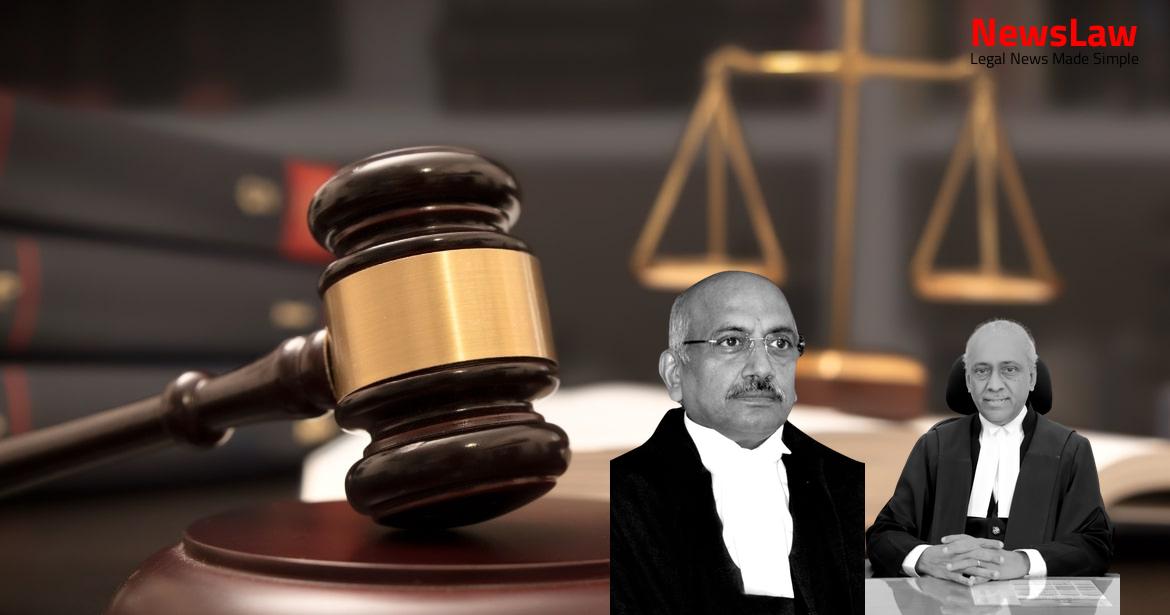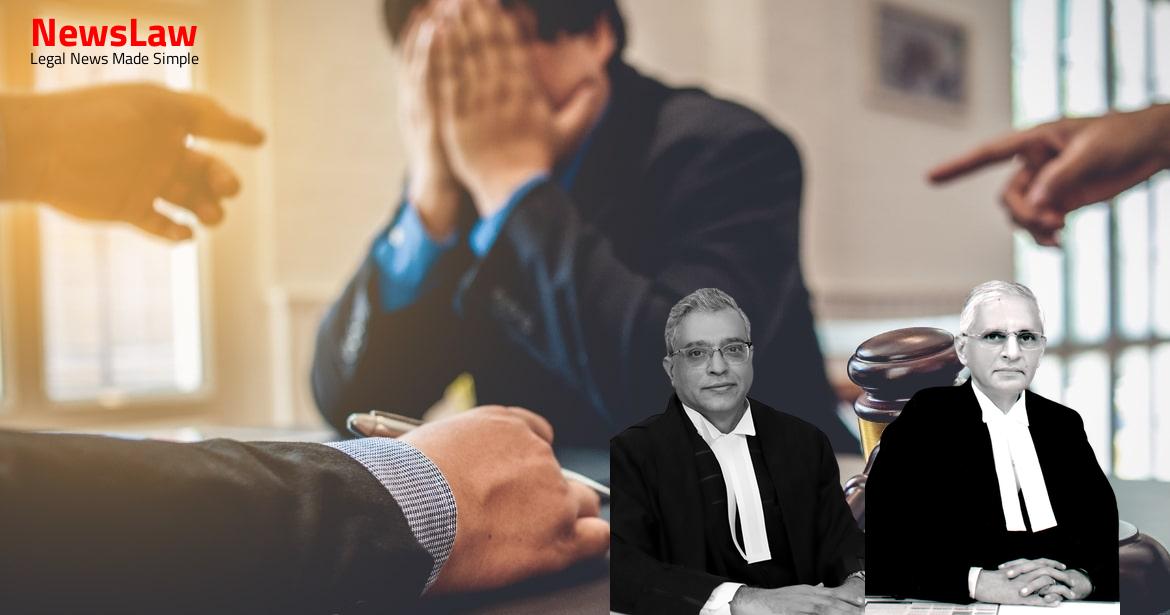One of the courses, which is run by the appellant- institute in Gwalior, State of Madhya Pradesh, is called B.Ed (Part time), which is designed to impart B.Ed training to in service teachers. We may add here that the challenge to the above 2007 decision of the Madhya Pradesh High Court was made in an SLP (Civil)
No 5069 of 2007, before the court, which was dismissed as infructuous on 14.09.2018.
Out of the total available seats in the institution, 75 percent seats will be reserved for the residents of Madhya Pradesh state and maximum 25 percent seats will be available for the residents outside the state of Madhya Pradesh.
25
For the original residents of Madhya Pradesh state, as per the instructions of the General Administration Department’s letter number C-3- 7-203-3-A, dated 25.09.20.4, self-attested testimonial for the local resident will have to be submitted as per attached format 5.” As per the above provision, out of the total seats, 75% are reserved for “the residents of Madhya Pradesh” and the remaining 25% of the seats will only be available to the candidates who are from outside the State of Madhya Pradesh. There are two questions here; first is whether the State Government can reserve seats for “residents” of Madhya Pradesh and, then, in case if it is permissible; the second question would be whether as large as 75% of the total seats, can be reserved for the residents. Union of India and Others reported in (2003) 11 SCC 146 which followed the ratio laid down in Pradeep Jain (supra).
“The claim of State interest in providing adequate medical service to the people of the State by imparting medical education to students who by reason of their residence in the State would be likely to settle down and serve the people of the State as doctors has thus been regarded by the Court as a legitimate ground for laying down residence requirement for admission to medical colleges in the State.”
The claim of backwardness of the State was another justifiable reason given in Pradeep Jain and as it was held: “…….There may be a case where a region is educationally backward or woefully deficient in medical services and in such a case there would be serious educational and health service disparity for that backward region which must be redressed by an equality and service minded welfare State. Joshi, this Court in Pradeep Jain held as under: “……….These decisions which all relate to admission to MBBS course are binding upon us and it is therefore not possible for us to hold, in the face of these decisions, that residence requirement in a State for admission to MBBS course is irrational and irrelevant and cannot be introduced as a condition for admission without violating the mandate of equality of opportunity contained in Article 14.
The validity of residence requirement was upheld in Pradeep Jain, followed by a catena of decisions of Supreme Court, which also took into account economic factors as well as backwardness of the region while allowing reservation for permanent residents of the State, in medical education. The reasons as we have already indicated are two: firstly Pradeep Jain and all the cases which follow Pradeep Jain deal only with medical education, and secondly the ratio as laid down in Pradeep Jain has also to be seen in the context of the time when it was delivered.
This Court while upholding such reservations in medical education had considered factors such as huge investments the State had made in creating the infrastructure, the backwardness of the area, the presumption that the local residents after gaining the education will serve the people of that State, etc. We declare such wholesale reservation to be unconstitutional and void as being in violation of Article 14 of the Constitution.” At this juncture, before we advert to the merits of the extent of reservation in the present case, it would be prudent to examine some observations made by this Court. The Medical Education Review Committee has suggested that the outer limit should not exceed 75 percent but we are of the view that it would be fair and just to fix the outer limit at 70 per cent. For instance, in the year 2021-2022, only 4 seats out of 75 reserved seats for the resident of Madhya Pradesh had been filled and in the year 2022-2023, only 2 seats out of 75 reserved seats had been filled, and thus 71 and 73 seats, respectively remained vacant for the last two years.
Case Title: VEENA VADINI TEACHERS TRAINING INSTITUTE (RUN BY VEENA VADINI SAMAJ KALYAN VIKASH SAMITI) THROUGH ITS PRESIDENT VIVEK GUPTA Vs. THE STATE OF MADHYA PRADESH (2023 INSC 457)
Case Number: C.A. No.-003177-003177 / 2023



